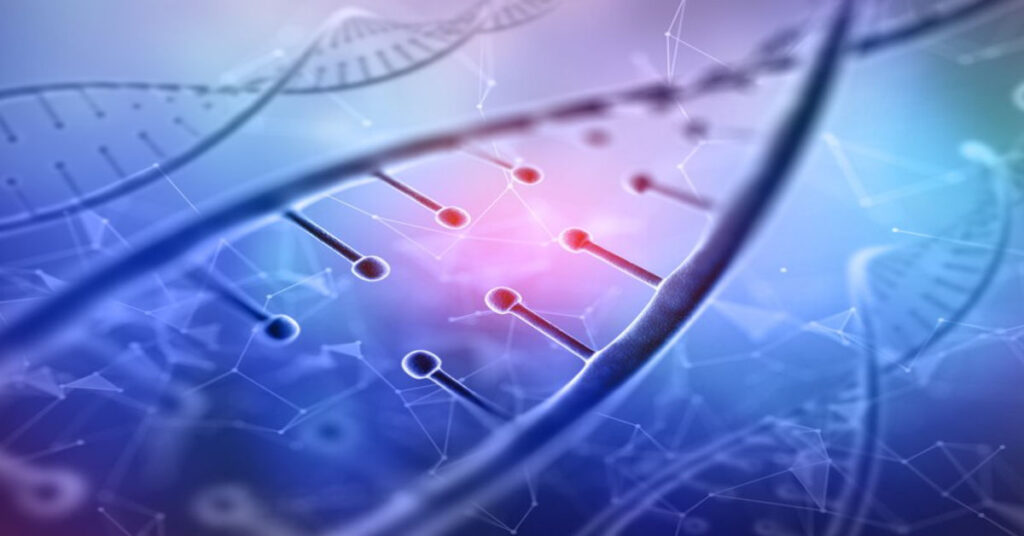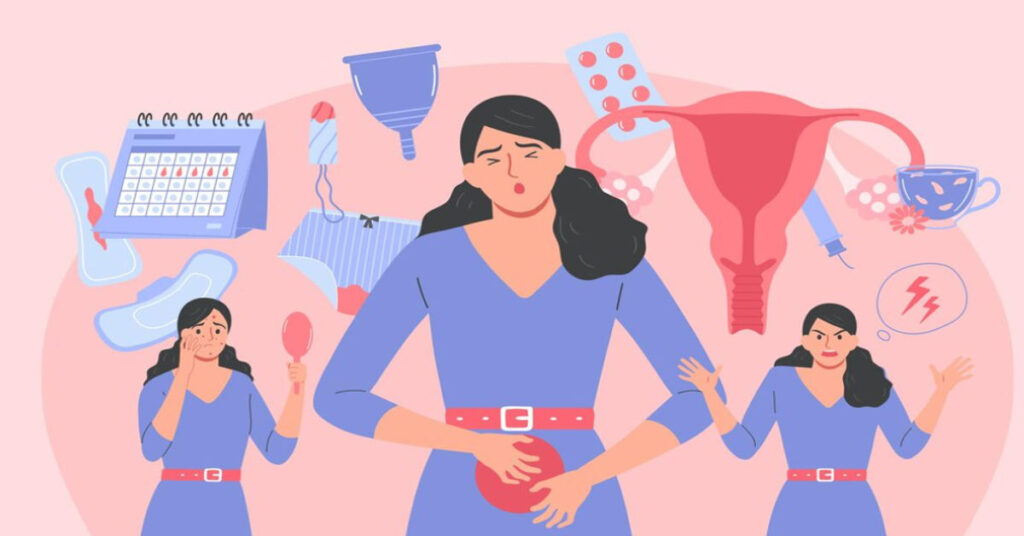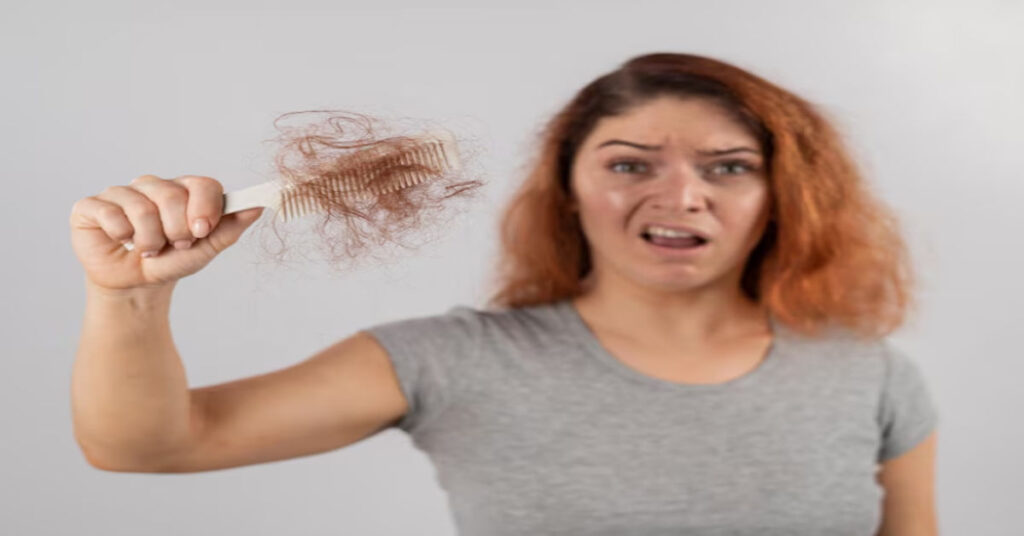Hair fall can happen for different reasons. Some of the main reasons for hair fall include:
Genetics

Genetics plays a significant role in hair loss, particularly in conditions known as male-pattern baldness (androgenetic alopecia) and female-pattern baldness. Here’s a more detailed explanation:
1. Androgenetic Alopecia:
This is the most common type of hair loss, affecting both men and women. In men, it typically presents as a receding hairline and balding at the crown of the head, forming an “M” shape. In women, it usually results in overall thinning of the hair, rather than bald spots. Androgenetic alopecia is strongly influenced by genetics. It’s believed to be caused by the interaction of hormones (specifically dihydrotestosterone, or DHT) and hair follicles that are genetically susceptible to shrinkage over time. This shrinkage leads to shorter and finer hair until, eventually, the follicles stop producing hair altogether.
2. Family History:
If you have close relatives, such as parents or siblings, who experience hair loss, especially at a young age, you’re more likely to develop it yourself. The inheritance pattern for androgenetic alopecia is complex and involves multiple genes from both parents.
3. Genetic Variants:
Several genes have been implicated in androgenetic alopecia. These genes can influence factors such as hair follicle sensitivity to DHT, hair growth cycle regulation, and hair thickness. Variants in genes such as AR (androgen receptor), SRD5A2 (5-alpha-reductase type 2), and others are associated with an increased risk of developing androgenetic alopecia.
4. Gender Differences:
While both men and women can inherit the genes for androgenetic alopecia, the expression of these genes varies between the sexes. Men tend to have higher levels of androgens (male hormones) like testosterone, which can exacerbate hair loss. Women, on the other hand, may experience hormonal fluctuations throughout their lives (such as during pregnancy or menopause) that can trigger or accelerate hair loss.
It’s important to note that while genetics predispose individuals to hair loss, other factors such as hormonal changes, stress, and lifestyle choices can also influence the severity and progression of hair loss. Additionally, not all cases of hair loss are solely attributable to genetic factors, so it’s essential to consider other potential causes as well.
Hormonal changes:

Hormonal changes can significantly impact hair growth and contribute to hair loss in both men and women.
1. Androgens:
Androgens are a group of hormones, including testosterone and its derivative, dihydrotestosterone (DHT), often associated with male characteristics. However, both men and women produce androgens, albeit in different amounts. Androgens play a crucial role in regulating hair growth, but an excess of DHT, particularly in individuals genetically predisposed to androgenetic alopecia, can lead to the miniaturization of hair follicles and eventual hair loss.
2. DHT Sensitivity:
Hair follicles in certain areas of the scalp are genetically predisposed to be more sensitive to DHT. When DHT binds to receptors in these follicles, it can shrink them over time, leading to shorter, finer hair growth and eventually to hair loss. This process is characteristic of androgenetic alopecia, or male and female pattern baldness.
3. Hormonal Fluctuations:
Hormonal changes throughout life stages can also impact hair growth. For example,
Pregnancy: During pregnancy, elevated levels of estrogen can prolong the growth phase of hair, leading to thicker, fuller hair. However, after childbirth, hormone levels drop, and many women experience excessive shedding, now known as postpartum hair loss.
Menopause: Fluctuations in hormone levels, particularly a decrease in estrogen and progesterone, can affect hair growth in women during menopause. This may result in thinning hair or hair loss in some women.
Thyroid Disorders: Thyroid hormones regulate metabolism and can influence hair growth. Both hypothyroidism (underactive thyroid) and hyperthyroidism (overactive thyroid) can lead to hair loss. Hypothyroidism, in particular, is associated with dry, brittle hair and hair loss.
Birth Control Pills: Hormonal contraceptives, such as birth control pills, contain synthetic hormones that can affect hair growth. Some women may experience hair loss or hair thinning as a side effect of certain contraceptive formulations, particularly those containing progestin with high androgenic activity.
Hormone Replacement Therapy (HRT): Women undergoing hormone replacement therapy for menopausal symptoms may also experience changes in hair growth patterns. Depending on the type and dosage of hormones used, HRT can either improve or worsen hair loss.
Medical conditions:

Medical conditions can have a significant impact on hair health and contribute to hair loss.
1. Alopecia Areata: This is an autoimmune condition characterized by the immune system attacking the hair follicles, resulting in hair loss. It typically presents as smooth, round patches of hair loss on the scalp or other areas of the body. In more severe cases, it can progress to alopecia totalis (complete scalp hair loss) or alopecia universalis (total body hair loss). The exact cause of alopecia areata is not fully understood, but it’s believed to involve a combination of genetic predisposition and environmental triggers.
2. Scalp Infections: Infections of the scalp, such as fungal infections (e.g., tinea capitis), bacterial infections, or viral infections (e.g., herpes simplex), can lead to inflammation and damage to the hair follicles, resulting in hair loss. Treatment typically involves addressing the underlying infection with antifungal, antibacterial, or antiviral medications.
3. Thyroid Disorders: Thyroid disorders, including hypothyroidism (underactive thyroid) and hyperthyroidism (overactive thyroid), can disrupt the balance of hormones in the body and affect hair growth. Hypothyroidism is often associated with dry, brittle hair and hair loss, while hyperthyroidism may lead to thinning hair or hair shedding. Managing thyroid function with medication or other treatments can help improve hair health.
4. Nutritional Deficiencies: Deficiencies in essential nutrients such as vitamins (especially B vitamins like biotin), minerals (such as iron and zinc), and proteins can impair hair growth and lead to hair loss. Conditions like iron deficiency anemia and protein malnutrition are known to cause hair thinning and shedding. Addressing nutritional deficiencies through dietary changes or supplementation can help promote healthy hair growth.
5. Autoimmune Diseases: Besides alopecia areata, other autoimmune diseases such as lupus erythematosus and lichen planus can also affect the hair follicles and result in hair loss. These conditions involve the immune system mistakenly attacking various tissues in the body, including the hair follicles. Treatment typically focuses on managing the underlying autoimmune condition with medications to suppress immune activity.
6. Skin Conditions: Certain skin conditions affecting the scalp, such as psoriasis and seborrheic dermatitis, can lead to inflammation, itching, and scaling, which may contribute to hair loss. Treating the underlying skin condition with medicated shampoos, topical corticosteroids, or other therapies can help improve scalp health and promote hair growth.
7. Chronic Illnesses: Chronic illnesses such as diabetes, autoimmune diseases, and chronic kidney disease can impact overall health and potentially affect hair growth and quality. Managing the underlying chronic condition with appropriate medical care and lifestyle modifications may help mitigate the hair loss associated with these illnesses.
8. Medication Side Effects: Some medications used to treat various medical conditions, such as chemotherapy drugs for cancer, anticoagulants, antidepressants, and acne medications, can cause hair loss as a side effect. This type of hair loss is often temporary and resolves once the medication is discontinued or the treatment regimen is adjusted.
Nutritional deficiencies:

Nutritional deficiencies can significantly impact hair health and contribute to hair loss.
1. Biotin (Vitamin B7): Biotin is essential for the synthesis of keratin, a protein that makes up the structure of hair, skin, and nails. A deficiency in biotin can lead to brittle hair and hair loss. Biotin deficiency is rare but can occur in individuals with certain genetic conditions, prolonged antibiotic use, or those who consume raw egg whites regularly (which contain a protein called avidin that binds biotin). Supplementing with biotin or consuming biotin-rich foods such as eggs, nuts, seeds, and leafy greens can help improve hair health.
2. Iron: Iron is necessary for the production of hemoglobin, which carries oxygen to the cells, including the hair follicles. Iron deficiency anemia can lead to reduced oxygen delivery to the hair follicles, resulting in hair thinning and hair loss. Women, particularly those with heavy menstrual bleeding, are at a higher risk of iron deficiency anemia. Consuming iron-rich foods such as red meat, poultry, fish, beans, lentils, and fortified cereals can help prevent iron deficiency and promote healthy hair growth.
3. Zinc: Zinc plays a crucial role in DNA synthesis, cell division, and protein synthesis, all of which are essential for hair growth and repair. Zinc deficiency can disrupt the hair growth cycle and lead to hair thinning and hair loss. Symptoms of zinc deficiency may include hair loss, poor wound healing, and changes in taste or smell. Consuming zinc-rich foods such as oysters, beef, lamb, pumpkin seeds, and lentils can help maintain adequate zinc levels and support healthy hair.
4. Vitamin D: Vitamin D regulates the expression of genes involved in hair follicle cycling and growth. Low levels of vitamin D have been associated with various hair disorders, including alopecia areata and telogen effluvium. While more research is needed to establish a direct causal relationship, maintaining sufficient vitamin D levels through sun exposure, dietary sources (such as fatty fish, fortified dairy products, and mushrooms), or supplements may help support hair health.
5. Protein: Hair is primarily composed of a protein called keratin, so adequate protein intake is essential for healthy hair growth. Protein deficiency can lead to weakened hair shafts, slow hair growth, and hair loss. Incorporating protein-rich foods, such as lean meats, poultry, fish, eggs, dairy products, legumes, nuts, and seeds, into the diet can help ensure sufficient protein intake for optimal hair health.
6. Omega-3 Fatty Acids: Omega-3 fatty acids, particularly EPA and DHA found in fatty fish like salmon, mackerel, and sardines, play a role in reducing inflammation and promoting overall scalp health. A deficiency in omega-3 fatty acids may contribute to dry scalp, dandruff, and hair loss. Including sources of omega-3 fatty acids in the diet or taking fish oil supplements may help improve hair conditions and support hair growth.
7. Vitamins A and E: Both vitamin A and vitamin E are antioxidants that help protect the hair follicles from oxidative stress. However, excessive intake of vitamin A supplements can lead to hair loss, so it’s essential to consume these vitamins within recommended levels through a balanced diet rich in fruits, vegetables, nuts, seeds, and whole grains.


